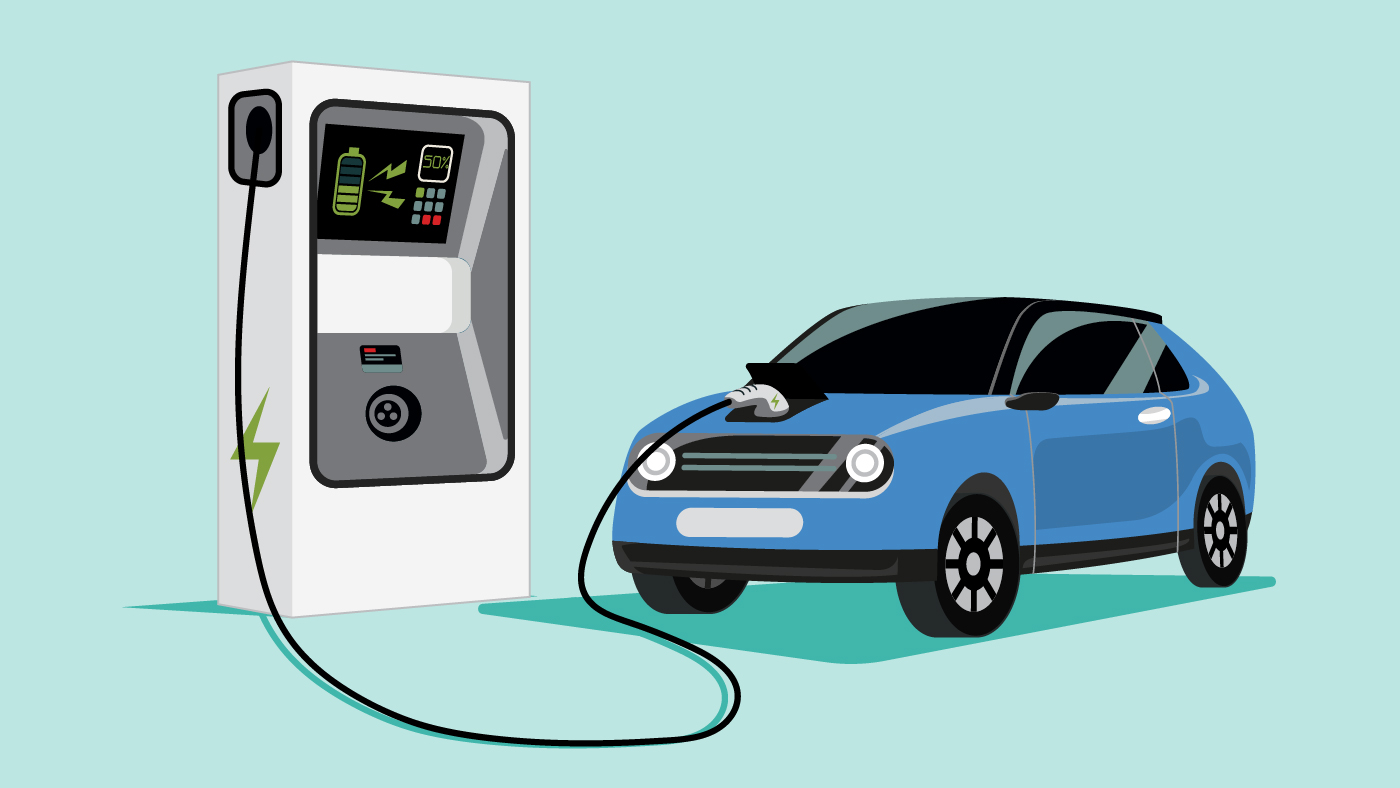
The Future of Electric Vehicles: A New Era for the Automotive Industry
The world of electric vehicles (EVs) is rapidly changing, with new technologies and innovations emerging every day. As the demand for sustainable and environmentally friendly transportation continues to grow, the automotive industry is shifting its focus towards electric vehicles. In this article, we will explore the latest developments in the EV market and what the future holds for this exciting industry.
The Rise of Electric Vehicles
In recent years, electric vehicles have gained significant traction, with many countries investing heavily in EV infrastructure and incentivizing consumers to make the switch. The benefits of EVs are numerous, including reduced greenhouse gas emissions, lower operating costs, and improved performance. As a result, EVs are becoming increasingly popular, with sales expected to reach 14 million units by 2025.
The Latest EV Models
Several new EV models have been released in recent months, offering consumers a wider range of options than ever before. The Opel Frontera Hybrid, for example, is a new family-friendly SUV that combines a 1.2-liter turbocharged engine with an electric motor. This model is not only environmentally friendly but also offers excellent performance and fuel efficiency.
Another notable EV model is the Porsche Taycan, a luxury sports car that boasts impressive acceleration and a range of up to 279 miles. The Taycan is a prime example of how EVs can offer exceptional performance without compromising on style or luxury.
The Impact of EVs on the Environment
One of the most significant benefits of EVs is their reduced environmental impact. Unlike traditional gasoline-powered vehicles, EVs produce zero tailpipe emissions, reducing greenhouse gas emissions and air pollution in urban areas. Additionally, EVs are generally more energy-efficient, converting about 60% of the electrical energy from the grid to power the wheels, while gasoline-powered vehicles only convert about 20% of the energy in gasoline to power the wheels.
The Future of EVs
As the demand for EVs continues to grow, we can expect to see significant advancements in technology and infrastructure. Charging times will decrease, ranges will increase, and prices will become more competitive. Additionally, governments and companies are investing heavily in EV infrastructure, with plans to build thousands of new charging stations in the coming years.
In conclusion, the future of electric vehicles is bright, with new technologies and innovations emerging every day. As the world continues to shift towards sustainable and environmentally friendly transportation, the automotive industry is adapting to meet the demands of a changing market. Whether you’re a consumer looking to make the switch to an EV or simply interested in the latest developments in the industry, one thing is clear: electric vehicles are here to stay.
 Image: Electric vehicle charging station
Image: Electric vehicle charging station
References
- “Opel setzt auf Hybrid-Modelle mit 48 Volt Technologie” by Opel
- “Porsche-Chef Blume: "Die Elektro-Technologie ist dem Verbrenner hoch überlegen"” by Porsche














